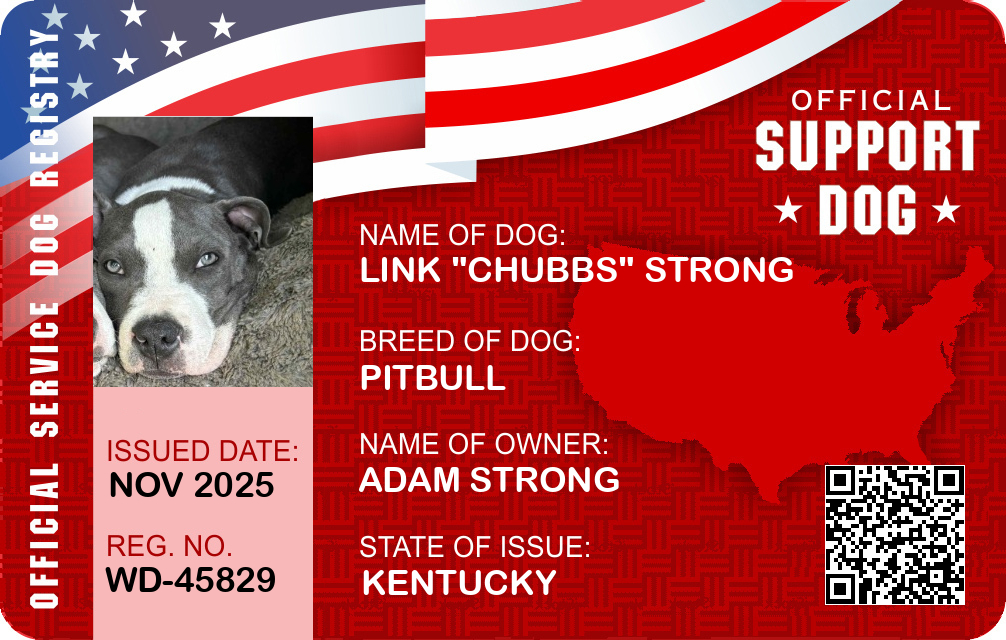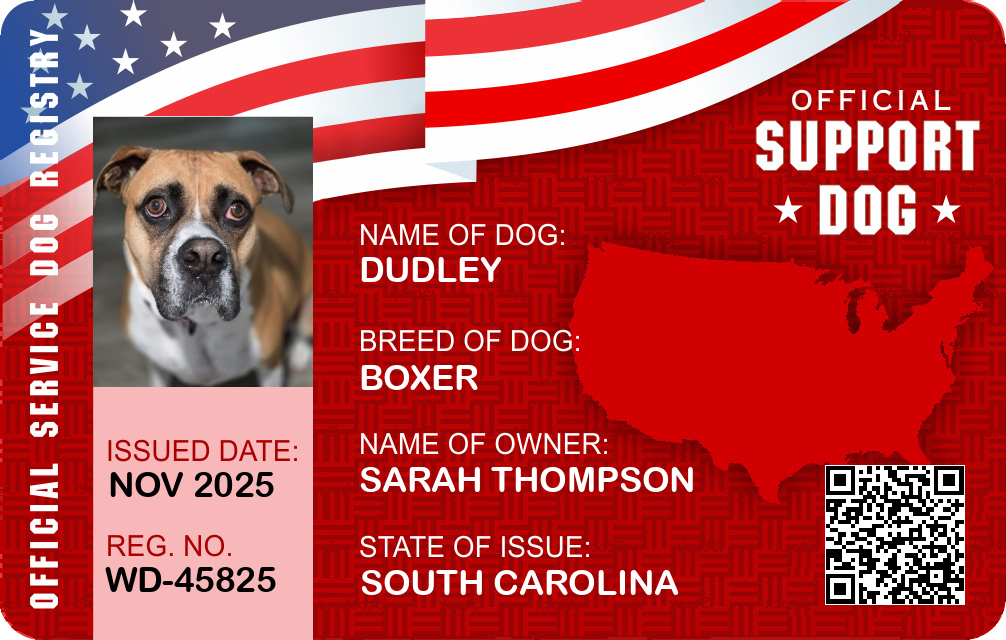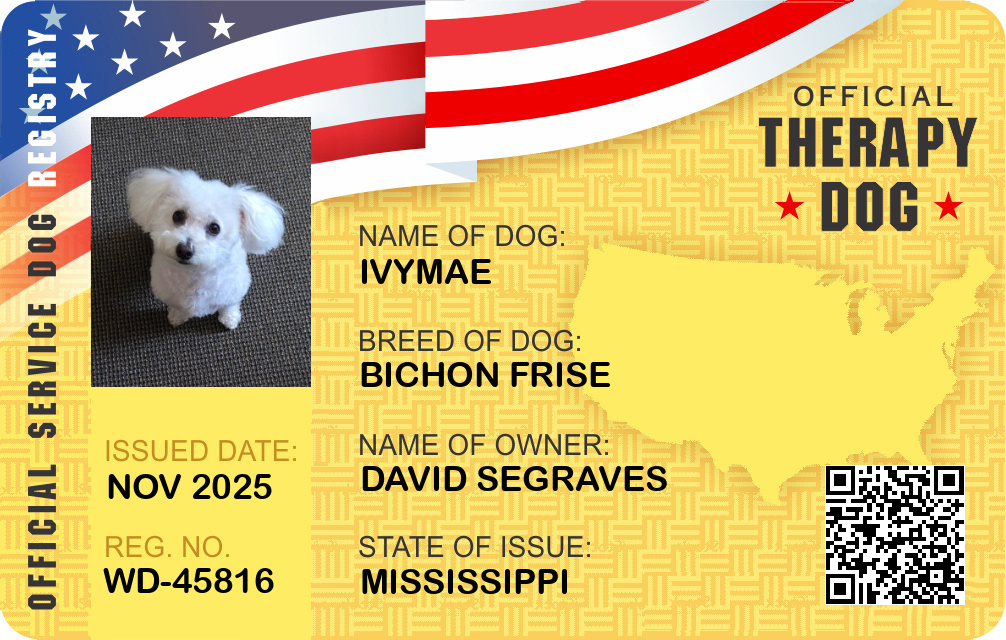Colorado Emotional Support Animal Laws

Overview of ESAs and Legal Definitions in Colorado
What is an Emotional Support Animal?
An Emotional Support Animal (ESA) is a companion animal that provides comfort and emotional benefits to individuals with psychiatric or mental health conditions. Unlike service animals, ESAs do not require specific training to perform tasks related to the individual's disability. Instead, their presence alone offers emotional relief and support. In Colorado, as in other states, Emotional Support Animals are recognized under certain federal laws, despite there being no specific Colorado state law defining ESAs.
How ESAs Differ from Service Animals
Service animals, particularly dogs, are trained to perform tasks that assist people with physical, sensory, psychiatric, intellectual, or other mental disabilities. Examples include guiding individuals who are visually impaired, alerting individuals who are deaf, or pulling a wheelchair. In contrast, ESAs are not trained to perform specific tasks but are intended to alleviate symptoms of emotional or mental health conditions. Under the Americans with Disabilities Act (ADA), ESAs do not qualify as service animals due to their lack of task-specific training.
Key Federal Laws Affecting ESAs (e.g., FHA, ACAA)
Two key federal laws affect the rights of ESA owners:
- Fair Housing Act (FHA): This law requires housing providers to make reasonable accommodations for individuals with ESAs in housing situations where pets are generally not allowed. This ensures that individuals with disabilities have equal access to housing.
- Air Carrier Access Act (ACAA): Prior to 2021, this act allowed ESAs to travel in the cabin of aircraft without additional charge. However, recent amendments have reclassified ESAs, allowing airlines to treat them as pets, thereby requiring adherence to airline pet policies.
State-Specific ESA Laws in Colorado
Housing Rights and Responsibilities
Under the Fair Housing Act, Colorado residents with ESAs have protection from discrimination in housing situations. Landlords must provide reasonable accommodations to individuals with an ESA, even if their property enforces a no-pets policy. However, the law also upholds certain expectations for ESA owners:
- Landlords may request documentation: An ESA letter from a licensed mental health professional verifying the need for an ESA.
- ESA owners must ensure animal behavior: The animal should not pose a direct threat to others or the property.
- Reasonable accommodation does not mean free of charge: Landlords may not charge a fee for the ESA, but owners are responsible for any damage caused by the animal.
Public Access and Accommodation
While service animals are granted access to public areas such as stores or restaurants, ESAs do not share this allowance. Colorado, aligning with federal standards, does not mandate that public spaces accommodate ESAs. Business owners have the right to refuse entry to an ESA where pets are generally prohibited.
Transportation and Travel Rules
As of recent amendments to the ACAA, airlines are not required to accommodate ESAs as they are not deemed necessary for individuals with disabilities under federal aviation law. This means Colorado residents traveling with ESAs must follow the specific pet policies of airlines, which may include fees or travel in the cargo hold.
Employment and Workplace Considerations
The Americans with Disabilities Act (ADA) does not require employers to grant special access to ESAs in the workplace. However, employers in Colorado may make accommodations based on company policy or individual agreements, especially if the ESA's presence significantly benefits the employee's health and productivity. It is recommended that ESA owners have open discussions with employers about their needs and to provide relevant documentation where required.
Documentation, Requirements, and Processes in Colorado
ESA Letters and Who Can Issue Them
To qualify for housing or other accommodations, residents o
Register Your Dog Instantly
f Colorado may need an ESA letter. This document should be issued by a licensed mental health professional who can attest to the individual's need for an emotional support animal. Relevant professionals include psychiatrists, psychologists, therapists, or social workers. The letter typically outlines the mental health condition involved and the therapeutic benefits of the ESA.Registration, Certifications, and Common Misconceptions
In Colorado, there is no official state registry for ESAs, nor is there a federally recognized certification process. Websites offering ESA certifications or registrations often mislead individuals into believing they confer additional legal rights, which is not the case. An ESA letter from a licensed professional is the primary document legally required.
Landlord, Business, and Provider Verification Rules
Landlords have the right to verify the authenticity of an ESA letter by contacting the mental health professional who issued it. However, they cannot demand specifics about the tenant's condition. Business owners are not permitted to request ESA documentation when deciding ESA access in public spaces since they are not required to accommodate ESAs.
Rights, Limitations, and Legal Risks
Rights ESA Owners Have in Colorado
- Housing Access: ESA owners have the right to reasonable accommodations in housing under federal law.
- Fair Treatment: Owners cannot be charged additional pet fees or deposits for an ESA.
Limits on ESA Protections and Common Restrictions
ESAs are not guaranteed access to public spaces where pets are prohibited, such as restaurants, shops, or non-pet-friendly segments of public transport. Airlines are not mandated to treat ESAs as service animals in the cabin.
Penalties for Fraud or Misrepresentation
Misrepresenting an ESA as a service animal is illegal and can result in significant fines and legal repercussions. Colorado has increasingly stringent measures in place to combat fraud in this domain, including penalties for both individuals and providers who falsify documentation.
Practical Guidance for ESA Owners in Colorado
How to Qualify for an ESA Legitimately
- Consult with a Licensed Mental Health Professional: To determine if an ESA is appropriate, and obtain a legitimate ESA letter.
- Understand Federal and State Laws: Ensure compliance with the FHA and understand your rights and restrictions in public, housing, and travel contexts.
How to Talk to Landlords, Airlines, and Employers
- Be Proactive: Communicate early about your ESA needs and provide documentation when requested.
- Educate and Assure: Explain the role of your ESA calmly and clarify that the animal is well-behaved and will not cause issues.
Tips for Avoiding Scams and Legal Problems
- Avoid "Certification" Sites: Ensure your ESA letter comes from a licensed professional, not a commercial online registry.
- Be Well-Versed in Your Rights: Familiarize yourself with Colorado and federal ESA laws to defend your rights without friction.
Summary of ESA Laws in Colorado
- ESAs are protected under federal housing laws, but not guaranteed access to public spaces or air travel.
- There are no official ESA registries or certifications required by law; a letter from a licensed mental health professional suffices.
- Owners should be cautious of scams and avoid misrepresenting their ESAs as service animals.
- Open communication with landlords, employers, and transportation providers will help foster understanding and compliance.
- Colorado upholds penalties for the misrepresentation or fraudulent documentation related to ESAs.
By understanding and adhering to these guidelines, ESA owners in Colorado can effectively navigate the legal landscape while ensuring their rights and responsibilities are respected and upheld.











